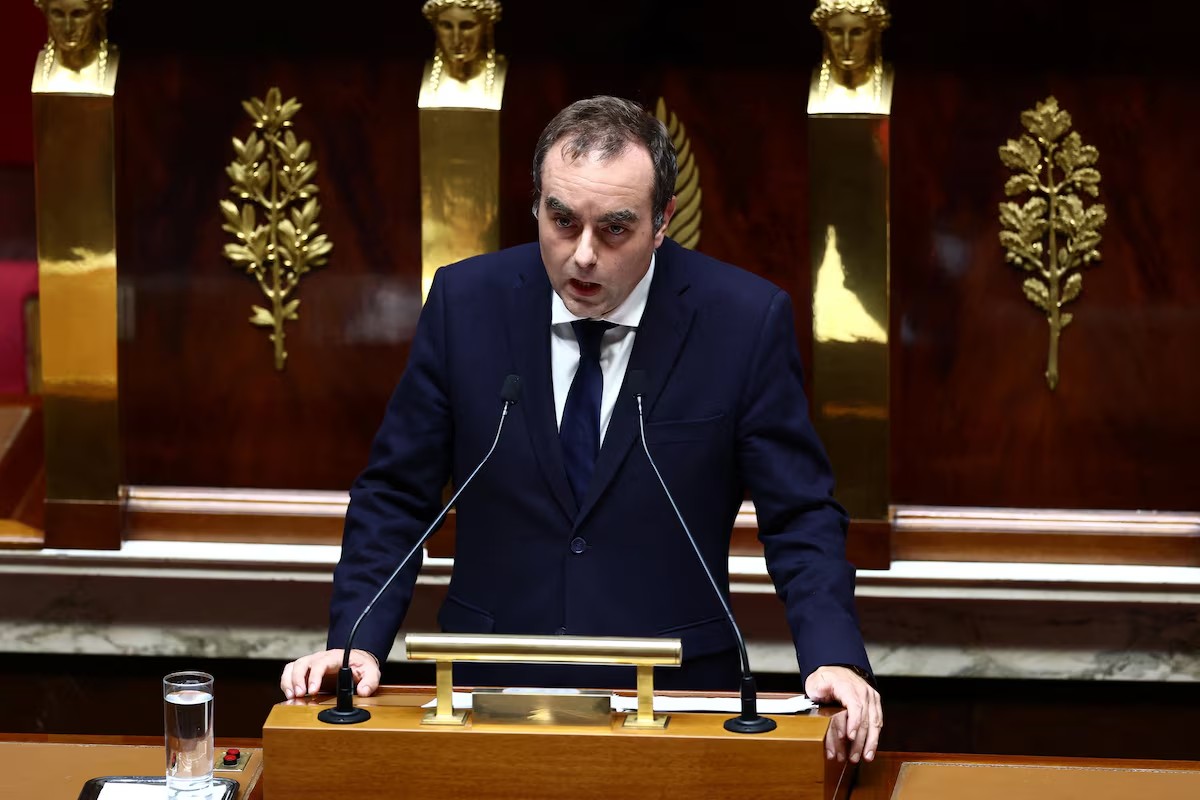France’s Prime Minister Sébastien Lecornu announced a suspension of the controversial pension reform until the next presidential election. The government will fund the freeze through cost-cutting measures and plans a national debate on retirement with labor and social partners, balancing reform fatigue with economic prudence and political strategy.
In a politically charged turn, French Prime Minister Sébastien Lecornu said the government will suspend its pension reform plans until after the next presidential election. The announcement marks a significant shift from earlier commitments to overhaul France’s retirement system amid fierce public opposition and rising cost pressures.
Lecornu, addressing reporters in Paris on Tuesday, framed the decision as a move to foster societal dialogue rather than deepen divisions. The government will instead launch a national conference on retirement, working with unions, employers, and other social groups to forge a consensus-based approach to long-term pension sustainability.
The pension reform, a cornerstone of President Emmanuel Macron’s earlier economic agenda, has long been marred by strikes, protests, and political friction. The current suspension aims to alleviate public tension while keeping fiscal discipline intact through internal austerity or “belt-tightening measures,” according to Lecornu.
Key Developments and Highlights:
-
The French government has officially postponed pension reform discussions until after the 2027 presidential election.
-
A national "conference on retirement" will soon be organized, engaging trade unions, employers’ federations, and civil representatives.
-
To offset the fiscal impact of the suspension, the government will implement spending cuts across select ministries and welfare programs.
-
Lecornu emphasized that this pause is not a policy reversal but a recalibration to maintain social cohesion amid continued economic uncertainty.
-
Markets responded cautiously, with analysts noting the deferral gives the government breathing space ahead of next year’s legislative debates on fiscal consolidation.
Political analysts believe the move reflects both pragmatism and strategy, as France navigates sluggish growth, high public spending, and lingering discontent over economic inequality. The government, while deflecting criticism from conservatives calling for austerity, also seeks to retain support among middle-income groups tired of reforms.
The suspension may reset the tone of French politics in the lead-up to 2027, shaping the reform narrative for the next electoral cycle.
Sources: Reuters, Agence France-Presse (AFP)

